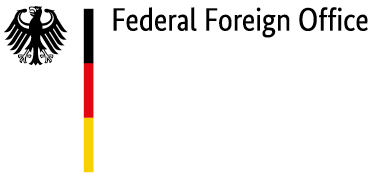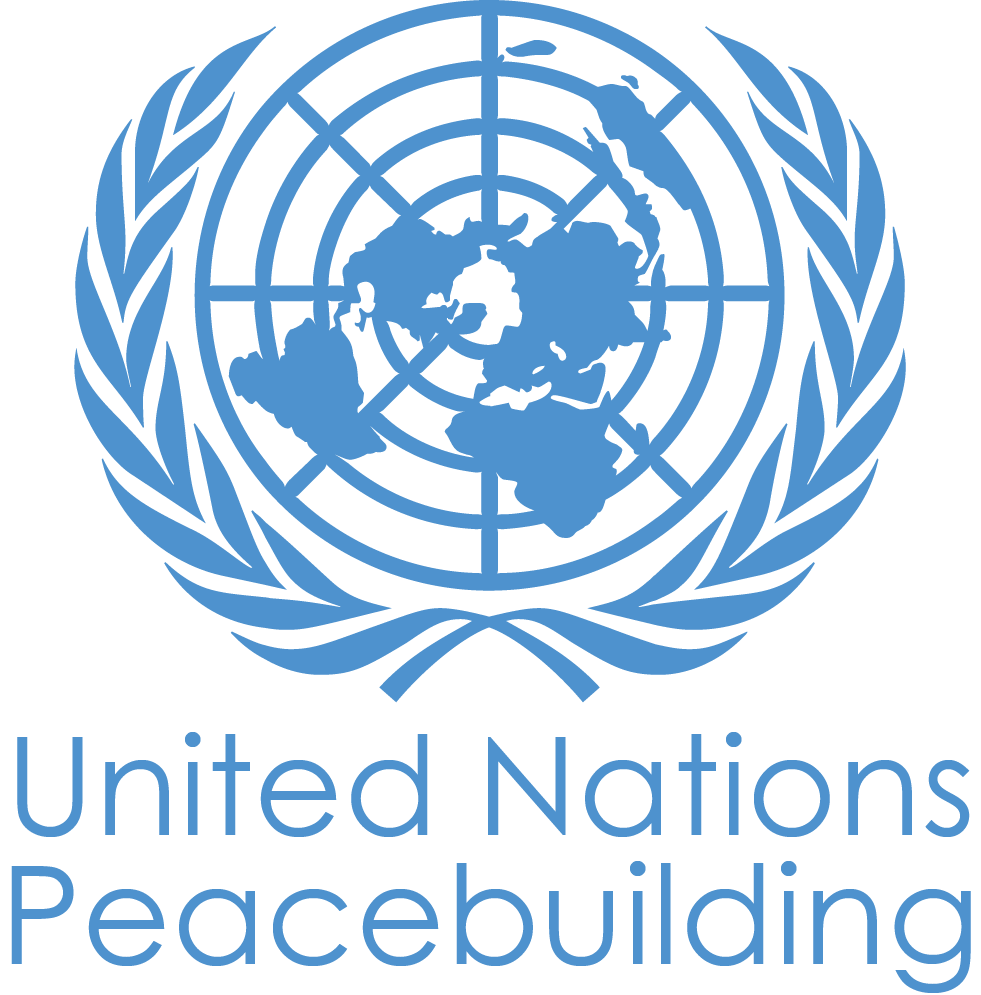20 October 2022
Innovative Financing for Peace:
Towards a framework for peace-positive investments
A high-level event with investors, practitioners, policy makers, researchers and civil society, organized by the German Federal Foreign Office (GFFO) in collaboration with the United Nations Peacebuilding Support Office (PBSO)
About the Conference
The event provides a unique platform to discuss practices and approaches, including diverging ones, that would need to be addressed by a peace-positive investment framework and to advance standards for their implementation in conflict-affected settings.
It will deliberate on issues such as
- How can we conceptualize private sector investments that are profitable and contribute to peace? How can investors and private sector actors ensure that their ventures support national peacebuilding strategies and meet local priorities?
- What are private sector practices that make a positive contribution to local peace processes instead of exacerbating negative effects? Which steps could we take towards developing common principles, standards, and tools to ensure that investments in fragile and conflict affected settings are peace-positive?
To advance these questions, the conference will…
- discuss why there may be a need for a new framework for peace positive investment.
- explore what issues would have to be addressed for such a framework to be effective, globally accepted, and locally relevant.
- identify ways to harmonize tools and standards to ensure that investments are peace positive.
- build a network across sectors to drive peace-positive investments forward.
In order to facilitate open constructive conversations, the event will be held under Chatham House Rules and attendants are requested to refrain from attributing any comments, including on social media.
Livestream
Livestream will be held on ….
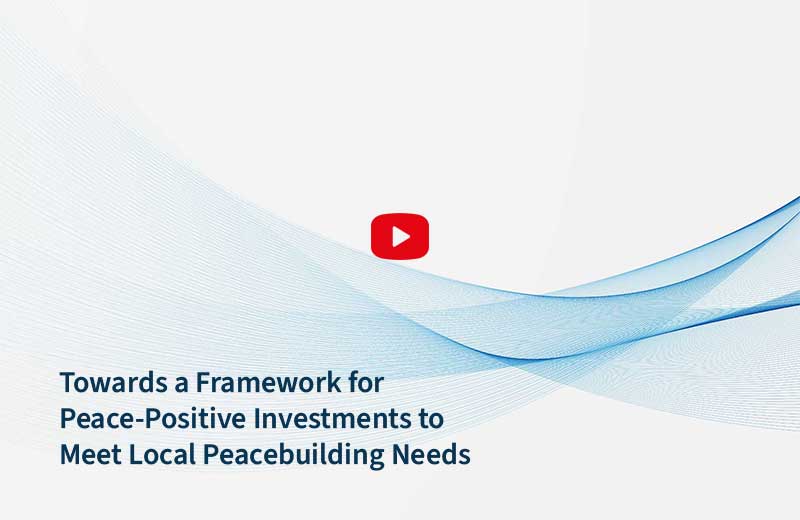
Participation
Agenda
1.00pm – 2.00pm Walking Lunch at Humboldt Carré
Behrenstraße 42, 10117 Berlin
2.00pm - 2.20pm Opening
Welcome remarks by
Susanne Baumann, State Secretary of the German Federal Foreign Office
Elizabeth Spehar, United Nations Assistant Secretary-General for Peacebuilding Support
Keynote address: A vision for peace-positive investments in fragile and conflict-affected settings
Ellen Johnson Sirleaf, former President of Liberia, Nobel Peace Prize Laureate
2.20pm - 3.40pm Panel 1 Followed by Q&A Session
Why a new framework for peace-positive investments in fragile and conflict-affected settings?
Guiding questions:
- What can we learn from successful examples of conflict-sensitive approaches to investment?
- Which factors have proven most relevant in practice to ensuring that investments have a positive impact on peace, and that potentially negative consequences are mitigated?
- How can local partnerships be strengthened for strategy development, impact assessment and local business development? And how can these strategies be better aligned with national peace and private sector development strategies?
Thematic impulse: Are investments in fragile states peace positive? Review of available evidence,
Tommaso Sonno, University of Bologna
Introductory presentation: The challenges of peace-positive private sector development and investment
Brian Ganson, Stellenbosch University
Panelists:
Frederik Teufel, African Development Bank AfDB
Kathryn Nwajiaku-Dahou, ODI
Jeroen Harteveld, Dutch Entrepreneurial Development Bank (FMO)
Moderator:
Pierre van Hoeylandt, Natural Heritage Capital
3.55pm - 5.15pm Panel 2 Followed by Q&A Session
How do we develop a harmonized framework, in practice, for peace-positive investments?
Guiding questions:
- What might a framework for peace-positive investments look like, as in what is needed to ensure that investments move beyond do-no-harm towards peace impact?
- What are ways of harmonizing tools and setting standards to ensure that investments build on a peace-positive investment strategy?
- How can peace actors share their experiences related to peace indicators to contribute to the development of international standards around ESG?
- How do we measure investment impact in terms of peace, and how do we identify opportunities and risks relevant to all company stakeholders, including local populations?
- What, if any, role could the United Nations, civil society, and independent observers play in the process?
- How do we avoid a future scenario where “peace washing” (in the style of “green washing”) could take place?
Introductory Remarks: Measuring private sector contribution to peacebuilding
Mathu Joyini, Permanent Representative of South Africa to the United Nations
Presentation: Introduction of a “Peace Impact Framework” for peace-positive investment
Christopher Egerton-Warburton, Lion’s Head Global Partners (LHGP)
Panelists:
Vivianne Infante, Director, Africa Resilience Investment Accelerator (ARIA)
David Mozersky, Energy Peace Partners
Daniel Hyslop, Interpeace
Moderator:
Aanchal Bhatia, United Nations Peacebuilding Support Office (PBSO)
5.15pm - 5.30pm Next steps and closing
Summary and next steps
Marcus Lenzen, Deputy Chief Peacebuilding Fund, United Nations Peacebuilding Support Office (PBSO)
Frederik Teufel, Lead Coordinator – Partnerships, Innovation, Private Sector Development, African Development Bank (AfDB)
Closing
Deike Potzel, Director General of the German Federal Foreign Office for Crisis Prevention, Stabilisation, Peacebuilding and Humanitarian Assistance
5.30pm - 7.00pm Reception at Humboldt Carré
Behrenstraße 42, 10117 Berlin
Speaker bios
Welcome Remark
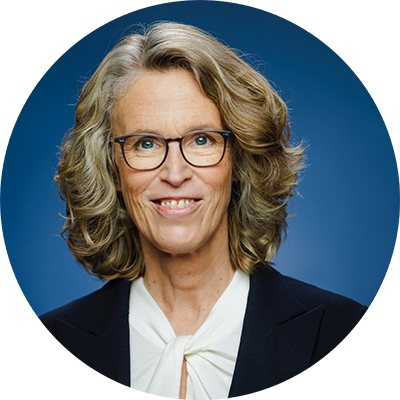
Susanne Baumann
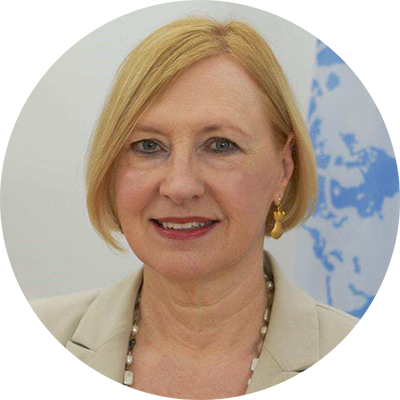
Elizabeth Spehar
Panel I

Tommaso Sonno
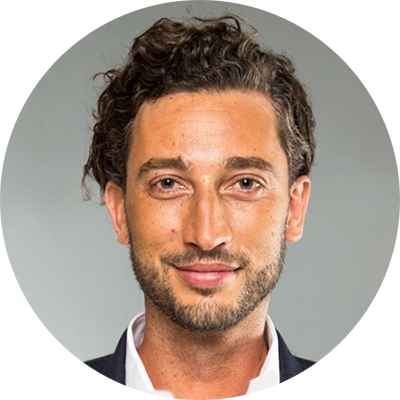
Frederik Teufel
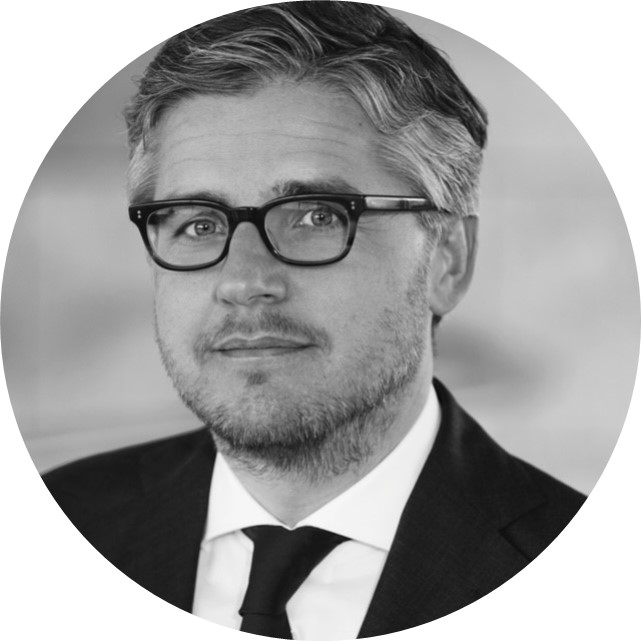
Jeroen Harteveld
Speaker
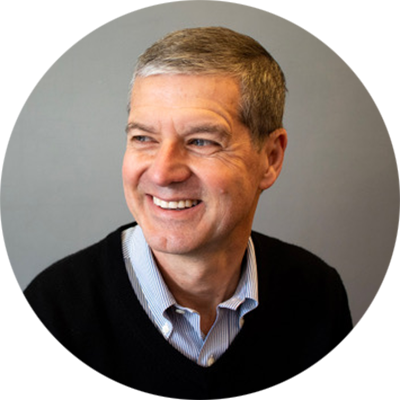
Brian Ganson
Speaker
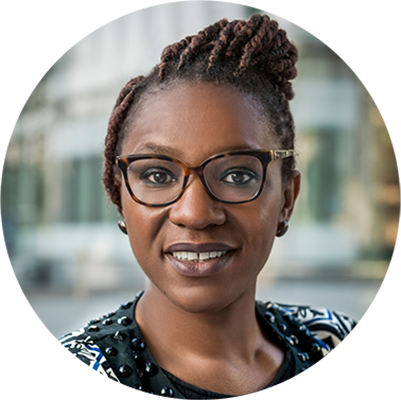
Kathryn Nwajiaku-Dahou
Speaker
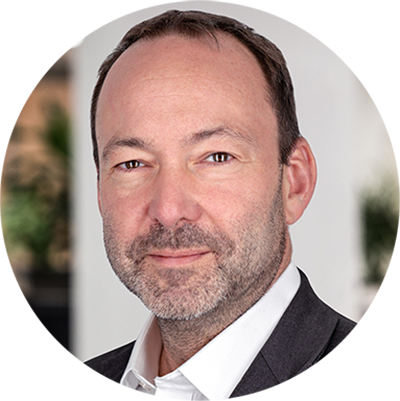
Pierre van Hoeylandt
Moderator
Panel II
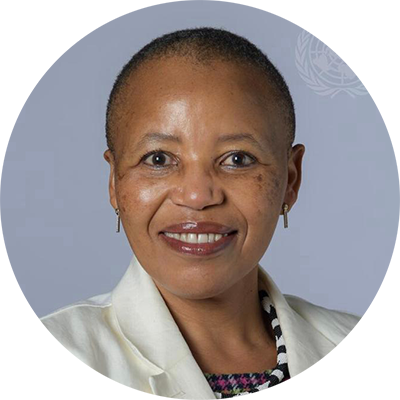
Mathu Joyini
Speaker

Vivianne Infante
Speaker
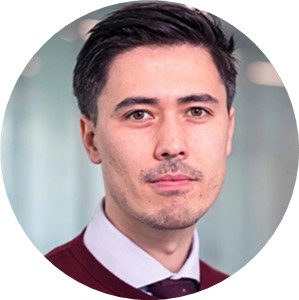
Daniel Hyslop
Peacebuilding Advisor, Interpeace
Speaker
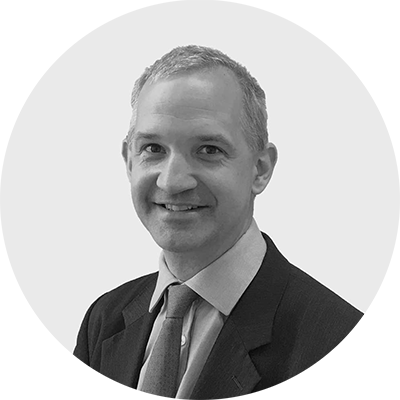
Christopher Egerton-Warburton
Speaker

David Mozersky
Speaker

Aanchal Bhatia
Moderator
Next steps and closing
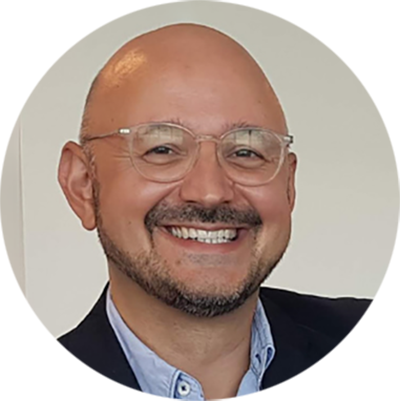
Marcus Lenzen
Speaker
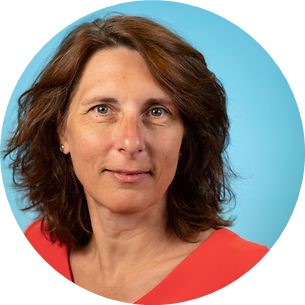
Deike Potzel
Speaker
Previously, she served as Inspector General at the Federal Foreign Office. She was Germany’s Ambassador to Ireland, Deputy Director-General for Central Services at the Foreign Ministry and Head of the Personal Office of Federal President Joachim Gauck. She also served as Deputy Head of Division for Personell, Staff Development and Planning, Desk Officer for Iran and the Gulf Countries as well as the EU-Enlargement desk at the Foreign Ministry. She was posted to Iran and Singapore. Ambassador Potzel studied English and French Language and Literature. She is married with two grown-up children.
